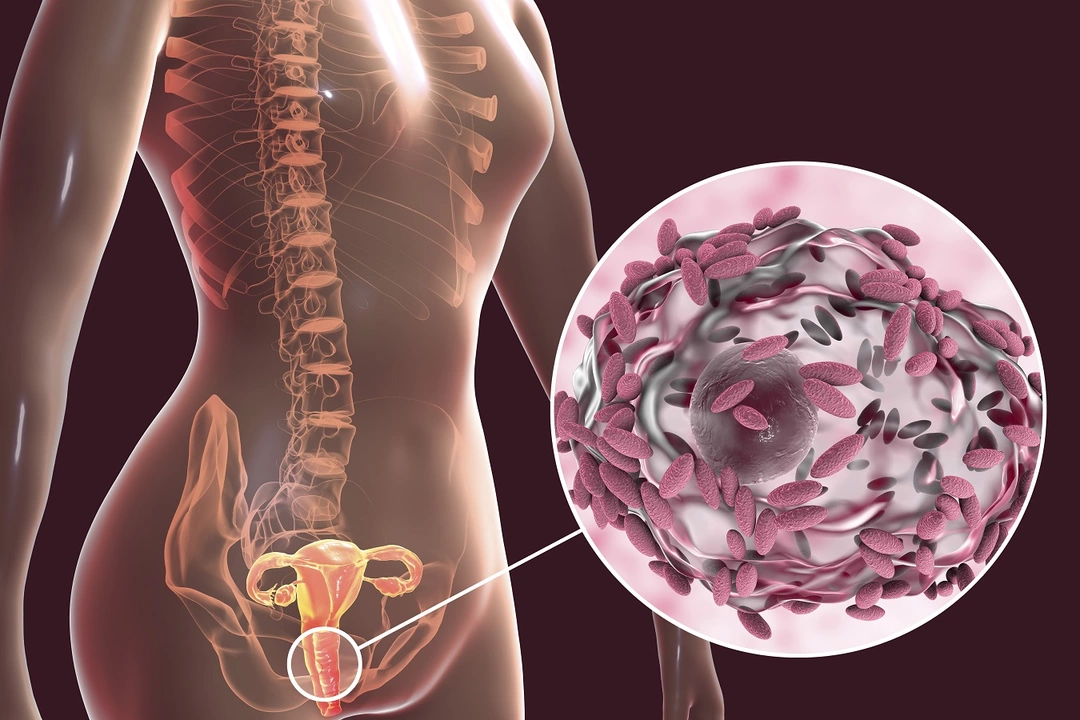Intestinal infections: symptoms, causes, treatment & prevention
Got sudden diarrhea, cramps, or vomiting? That’s often an intestinal infection—what people call a stomach bug. Most cases improve in a few days, but dehydration and dangerous infections can appear fast. Read on for clear, practical steps you can use now.
What to watch for
Common signs include watery diarrhea, stomach cramps, nausea, vomiting, low-grade fever, and sometimes blood or mucus in the stool. If you have high fever (over 38.5°C / 101.5°F), repeated vomiting that stops you keeping fluids down, signs of dehydration (dizziness, very dry mouth, little or no urine), bloody stool, or symptoms that last more than 48–72 hours, see a doctor. Babies, older adults, pregnant people, and anyone with a weakened immune system need faster medical attention.
Causes are usually clear on testing: viruses (norovirus, rotavirus) are the most common, bacteria like Salmonella, Campylobacter, and E. coli cause food poisoning, and parasites such as Giardia spread via contaminated water. Travel, undercooked food, poor hand hygiene, and crowded places increase risk.
How to treat and prevent
First, focus on fluids. Replace lost salt and sugar with an oral rehydration solution (ORS) or a homemade mix of 1 liter water, 6 teaspoons sugar, and half a teaspoon salt. Sip small amounts often if vomiting. For adults with mild symptoms, clear fluids and rest work fine. Avoid alcohol, caffeine, and sugary drinks that can make diarrhea worse.
Food choices matter. Start with bland, easy-to-digest items—toast, rice, bananas, applesauce—once vomiting eases. Avoid fatty, spicy, or dairy foods for a day or two. Over-the-counter anti-diarrheal meds (like loperamide) can help adults feel better, but don’t use them if you have bloody diarrhea or high fever, or in young children without medical advice.
When are antibiotics needed? Not usually. Most viral infections don’t respond to antibiotics. Doctors may prescribe antibiotics if tests show a specific bacterial cause or if symptoms are severe. Probiotics can reduce duration of some infections, but pick a product with proven strains and follow dosing advice.
Prevention is simple and effective: wash hands thoroughly with soap after bathroom use and before eating, cook meat to safe temperatures, wash fruits and vegetables, avoid unpasteurized dairy, and drink safe water. In many places, a rotavirus vaccine protects infants from a leading cause of severe diarrhea.
If you’re unsure about symptoms or treatment, contact a healthcare provider. Quick action on fluids and recognizing danger signs are the two most useful things you can do right away. Keep these tips handy and you'll be better prepared next time a stomach bug hits.
For more health tips, product info, and practical guides, visit "247-healthstore.com - Your Round-the-Clock Online Health and Pharmacy Store." We’re here 24/7 to help you find reliable info and everyday solutions.

